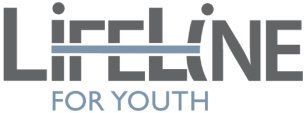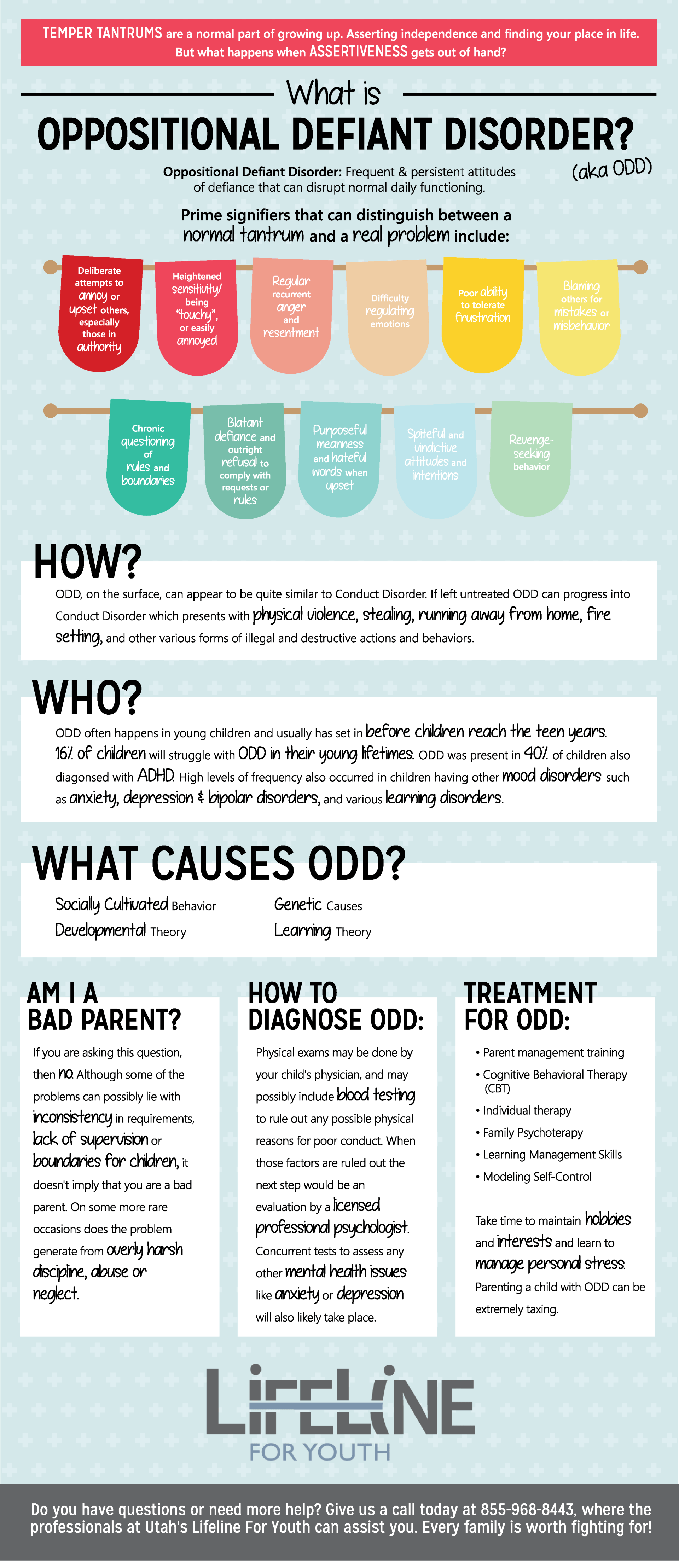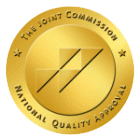How does substance abuse affect teens?
The development of the human brain is a curious thing. During adolescence, the areas designated to sense pleasure stimuli progress at a much faster rate than those responsible for decision-making and understanding the risks of their choices.
Developing good healthy habits as a teen is important to their brains functioning as an adult. Drug abuse
can interfere in the honing and purging of unnecessary synapses that allow an adult brain to become more efficient at tasks and goals.
Substance abuse in teens
can interfere with normal brain function by reducing the brain's ability to process pleasurable experiences. Over exposing receptors to high amounts of dopamine can push the thresholds higher and higher creating a desire for more stimulants
to feel good.
Memory issues and being able to perceive can also be significantly impaired. During younger teen years the brain is going through some of the last growth spurts it will experience, adding tens of thousands of neurons per day and even by the hour. Exposing them to damaging substances repeatedly will have a markedly negative effect that will be present for the rest of the individual's life. These missed opportunities during this time of elevated learning possibilities can leave the teen sometimes a great distance behind his peers.
Alcohol abuse just by itself can cause a teen to develop long term alcohol dependence
in their adult years because of how differently the adolescent brain processes the intoxicant.
Physically, alcohol can toxify the liver, raising liver enzymes which signify liver damage. Alcohol also can lead to lower bone mineral density resulting in brittle bones and osteoporosis in later life. Reproductive health is also at risk and even the possibility of delayed puberty. Abuse of alcohol can result in reduced growth potential, causing shorter limbs and changes in genetic blueprints.
Alcohol and substance abuse in teens can ultimately result in poor decision making
and can incur a wide range of social impacts. These may include car accidents, STD's, criminal assault charges, criminal records that can follow into adulthood, unwanted pregnancies, crippled personal relationships, as well as ruined academic potential and delayed career opportunities.
With all the negative consequences, we are left to wonder-
Why do teens choose to use drugs and alcohol?
As frustrating as it may be teen defiance
and pushing boundaries
is a natural and, yes, healthy activity. Effective boundaries help reduce conflicts with your teens
and when they operate within them it helps them to feel safe (even though they won't admit it).
When teens start experimenting with drugs
they could be trying to accomplish a number of things such as showing their independence and feeling more grown-up. Perhaps they are trying to satisfy their curiosity or feel good. Drugs are often used as a way to have fun and relieve boredom or to feel included in the “in crowd” by living on the edge.
Those children at risk for substance abuse
are often those who struggle in school with grades or are bullied by peers, those who have low self-esteem. Just as likely are those who have a poor support system at school and at home. If someone in the home like an older sibling or parent uses substances or the parenting style is quite permissive and lack firm beliefs against substance use, the teen can often come to believe that there isn't much risk from using the intoxicants.
How do I know if my child is using drugs?
If you find pills or baggies of the drug, it's pretty obvious, but what are the lesser observable signs of teen substance abuse? A lot of the signs may come off as “typical” teen behavior. The parent or caregiver with a discerning eye may start connecting the dots if you observe any of the following indications.
Though your teen may be trying to drown b.o. in the latest fad perfume or cologne, strong or pungent smells
can be prime indicators that your teen is using substances. Though we'd like to think “soft” drugs like marijuana are the only drugs teens use that has a smell, we can't get around the expansive array that emits odors. Be alert and look into further information with smells that smell like skunk, burnt plastic, ammonia, permanent marker, burnt sugar, or cleaning chemicals like bleach and vinegar.
Paraphernalia
like pipes made of makeshift components like perforated drink cans, cigarette papers, burnt spoons, and lighters.
Grades and social involvement that take a drastic turn is another strong signal that drug use may be happening. Because changes in grades or extracurricular involvement may be indications of other serious mental health issues, be careful not to jump to conclusions. If you need further help discerning possible drug or substance abuse in your teen calling a certified professional can help.
What can I do if my child is using substances?
An instant knee jerk reaction can be to get in your teen's face and call them out. This is going to be an impulse you do your best to resist. Putting your child on defense will be sure to push them into more covert methods of using.
Having a mutual activity that is conducive to the conversation can make a great segue into open dialogue. Examples of a personal nature can stimulate your child into opening up with questions. If you have serious concerns, using a neutral task, project, or diversion to ask some calm open-ended questions to your child can go quite a bit farther than you might expect.
Building a relationship is core to gaining your child's trust
that they can share things with you without the threat of condemnation. Learning to be a safe place to be open can be difficult, but will result in building connections with a much larger scope and more long-term influence. It's definitely worth your effort and investment.
If you suspect or know of substance abuse in your teen or child
and would like further guidance from a professional counselor, Utah's Lifeline For Youth
can help chart a path for full family restoration. Call today at 1-855-968-8443.
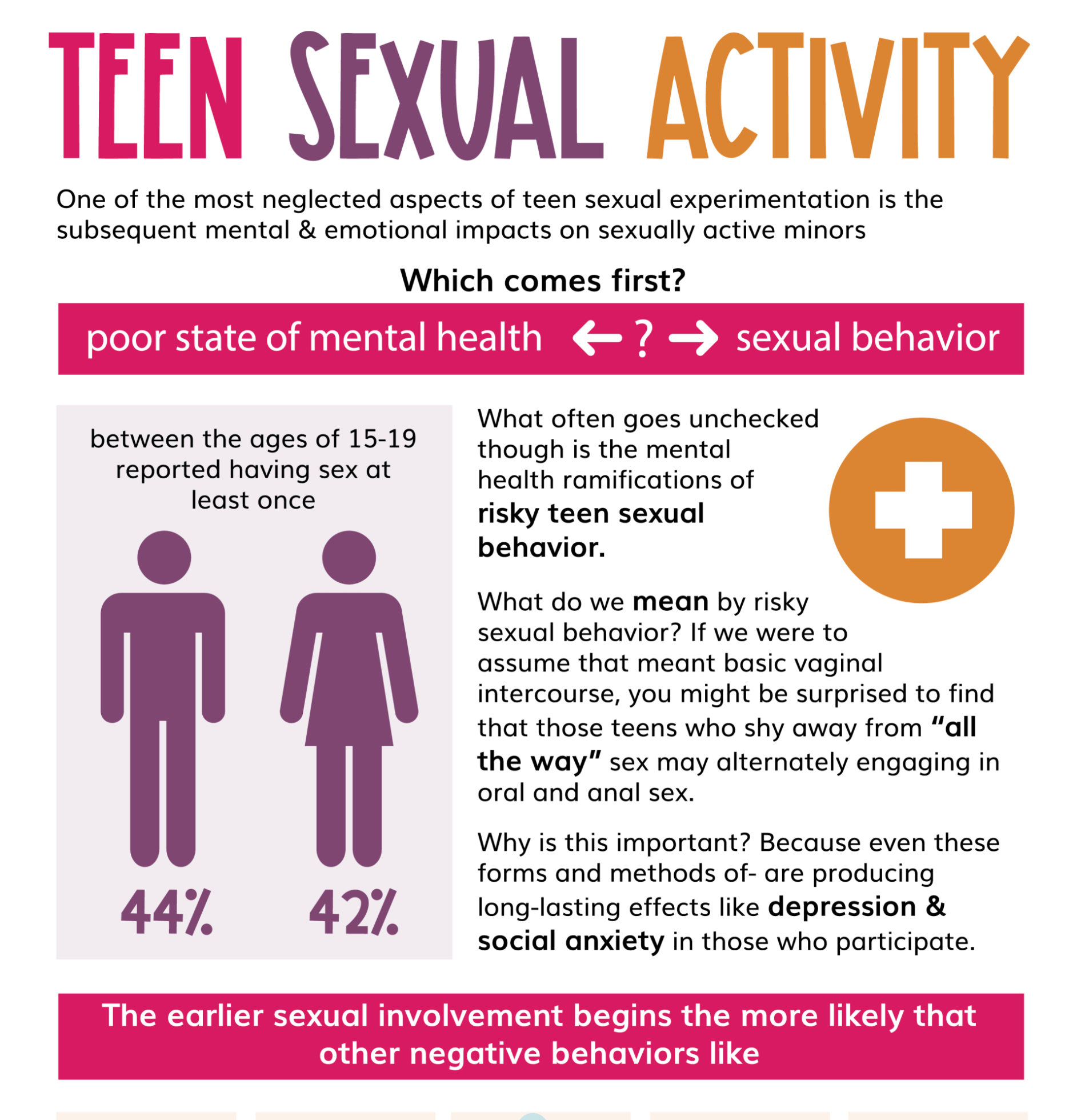
Whether you call it the birds and the bees or some other term, teen sexual activity is a big deal. With all the studies that have been done about teen sex , its reasons, its outcomes, and its prevention, we’ve learned quite a bit over the last ten to fifteen years. One of the most neglected aspects of teen sexual experimentation is the subsequent mental and emotional impacts on sexually active minors . Let's take a closer look. In most of the studies conducted over the past decade, we see a profound correlation between sexual activity in teens and mental health issues . The one factor that remains unanswered is which comes first, the poor state of mental health or the sexual behavior in adolescents ? Although Utah doesn’t legally allow researchers to ask youth about their sexual behavior, other statistics surrounding intimate relations in teens is quite telling, as well as general US statistics. Beyond Utah’s borders, the CDC noted in one study that between the ages of 15-19, 44% and 42% of males and females respectively reported having sex at least once. The requests for contraception , STD and STI tests , and pregnancy tests are still present in Utah just the same. What often goes unchecked though is the mental health ramifications of risky teen sexual behavior . What do we mean by risky sexual behavio r? If we were to assume that meant basic vaginal intercourse , you might be surprised to find that those teens who shy away from “all the way” sex may alternately engaging in oral and anal sex . Why is this important? Because even these forms and methods of - are producing long-lasting effects like depression and social anxiety in those who participate. Strong links between risk behaviors and depressive symptoms happen in both females and males of varied ages. The earlier sexual involvement begins the more likely that other negative behaviors like STDs, pregnancy , and suicidal ideation , and other high-risk behaviors like smoking and excessive alcohol consumption will follow. Among females, the risk of Major Depressive Episodes ( MDE ) is much higher as are mental changes due to low self-esteem . The socio-cultural norms of looking down on sexually active girls and celebrating sexually active young males contribute largely to feelings of guilt . Those who have their first sexual experiences before the age of 17 have two times the odds of a Major Depressive Episode. But is there evidence of mental health concerns before the beginning of sexual engagement ? It's difficult to say, and ridiculous to suggest that all initiations into sexual behaviors are a result of mental health instability. We’re talking about teens here, and not only that but teens steeped in a culture permeated with sexuality. So whether the chicken came before the egg or not, there is some pretty firm evidence that those willing to engage in the teen hook-up culture may already have some issues that could be going unaddressed. In their quest for independence, teens wade into the world of dopamine highs when their brains are more sensitive to its influence than any other time in their lives. Many who want to present themselves as “grown-up” or mature may initially cave to peer pressure in areas of substance use and other “maturity markers” like casual sex . Because the risk assessment ability in the teen brain is still under construction (with quite a ways to go), teens may engage in something called “ risk clustering ” or multiple risk behaviors . One study notes this saying “...the coexistence of drugs , risky sex , mental health problems remains a consistent observation in epidemiological studies.” Translation? Certain impaired mental health states are known to go hand in hand with risky behaviors. Those who have problems with ADD ( Attention Deficit Disorder ), ADHD ( Attention Deficit Hyperactive Disorder ), and ODD ( Oppositional Defiant Disorder ) are more susceptible to risky sexual behaviors . Another study on young adult sexuality found that hyper-sexuality grows within the sector that struggles with substance dependence , are on the schizophrenic spectrum , have depressive problems like dysthymic disorder ( chronic, mild depression ), and antisocial disorders . Substance dependence like cigarettes , marijuana , alcohol , crack, cocaine, and methamphetamine prove to be significant predictors of higher rates of intimate relationships in minors as well as loneliness , depression, and social anxiety. Teens with depression may find a higher rate of involvement with casual teen sex . Even though depression dulls hormonal drives there can be two contraindicated outcomes. The first is that the youth is self-medicating as a diversion from other areas causing depression, to relieve tension or stress , or to try to console themselves with affection seeking behaviors . Those with low self-esteem are more apt to use sex as an act of validation via intimate contact. The second reason a teen experiencing depression would seek out sexual encounters would be for a lack of care about consequences. Those experiencing suicidal ideation or other self-destructive behaviors often have no care about life or the chances of acquiring an STD or STI. So where does a caregiver begin? Puberty is difficult enough to navigate, let alone teen sexual and mental health. Underlying issues causing, or stemming from the lack of teen abstinence can be a parent's worst nightmare. As often recommended by Lifeline For Youth , building a rapport with your child and leaving lines of communication open and welcoming is a good first step. Engaging your teen over a family meal or activities, or even a one-on-one project can present an opportunity to open up about struggles your child may be facing from early sexual activit y. Refraining from condemnation and accusations is always the best policy to keep trust lines open. Guiding your child through difficult topics may make you sweat but can build a relationship that lasts, and now is always the best time to start. If you suspect that your child may already be struggling with issues and sexual activity is a result of them, or that regret or guilt and anxiety is a product of teen sexual experimenting , Utah’s Lifeline For Youth , can give guidance and direction on how to overcome as a family unit. Call today and let our professional staff assist in putting the pieces in place.
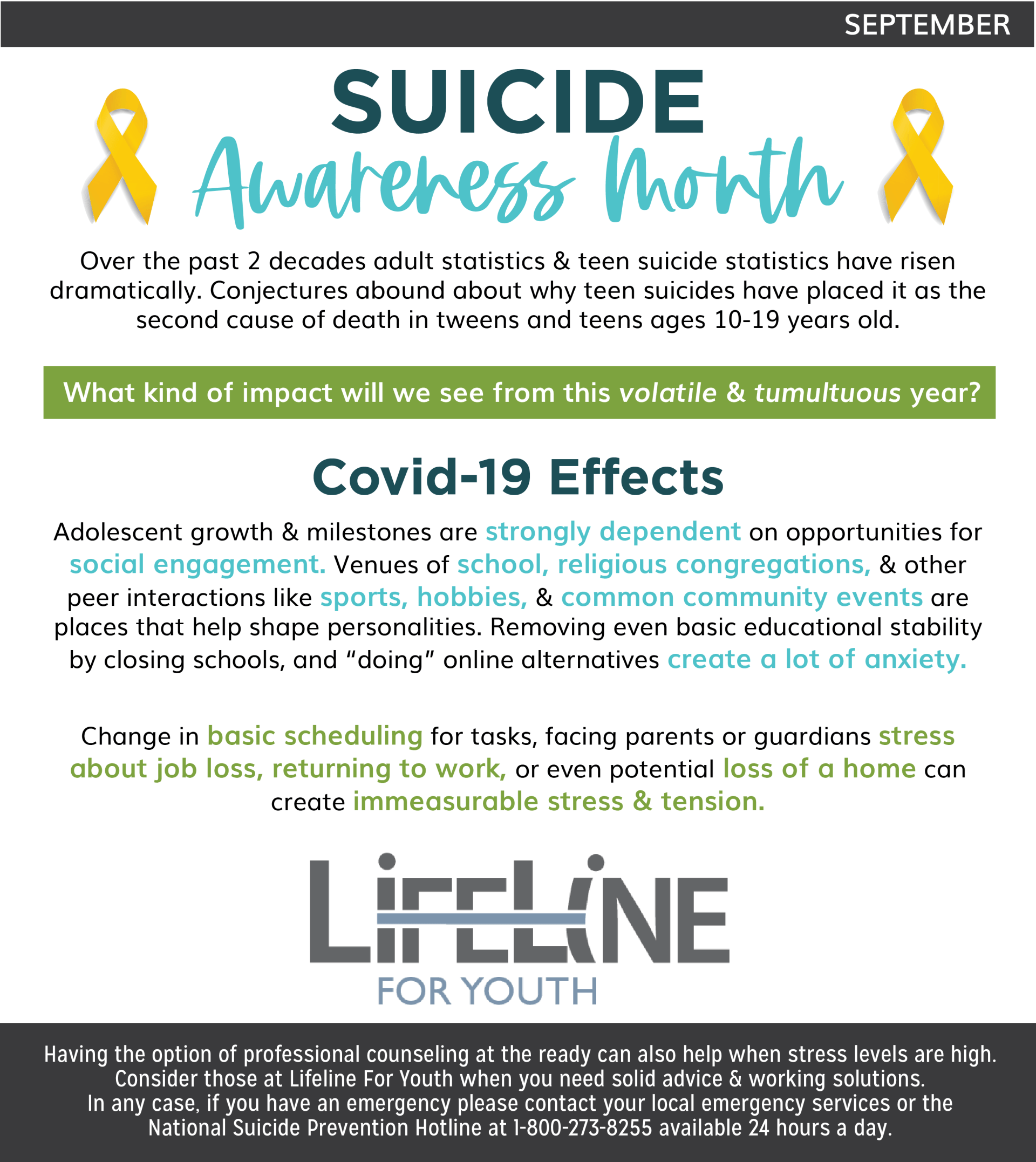
September is Suicide Awareness Month and each year we focus on typical guidelines helping us recognize signs of suicidal thoughts and suicidal behavior in teens and young adults. This year the rules are changing. Over the past 2 decades adult statistics and teen suicide statistics have risen dramatically. Conjectures abound about why teen suicides have placed it as the second cause of death in tweens and teens ages 10-19 years old. What kind of impact will we see from this volatile and tumultuous year? Why Covid-19 effects teens drastically? Adolescent growth and milestones are strongly dependent on opportunities for social engagement. At this time in their lives youth are forming ideas and values of their own and tend to test the waters, further seeking to define their individuality. Venues of school, religious congregations, and other peer interactions like sports, hobbies, and common community events are places that help shape personalities. Removing even basic educational stability by closing schools, and “doing” online alternatives create a lot of anxiety. “Normal” can seem a long way off and combining multiple assaults to the fabric of “normal” through every venue that shapes the child can be quite overwhelming Day to day functioning in a home environment for “shelter-in-place", or quarantine environment, change in basic scheduling for tasks, facing parents or guardians stress about job loss, returning to work, or even potential loss of a home can create immeasurable stress and tension. How to identify suicidal behavior in teens Is my child ok? Are they adjusting or depressed? What guidelines are right amid all the chaos? And most prominently- what can I do to help? It would be easy to spot if there were only a few strong indicators of suicidal ideation. The problem with diagnosing someone prone to suicide is that there is never one or two single factors that clue us in. Anxiety and depression play a large role and yet themselves are only symptoms of other possible mental health issues that need to be heeded. Clues and tip-offs that we were able to observe before have become largely unusable in a Covid-19 world. With the world in seeming upheaval among the Covid-19 landscape, the ability to notice if a child has poor school or social involvement is now gone. We are left to wonder if spending too much time online or in their room is an escape or attempts at keeping a healthy mindset? It can be frustrating and concerning for those who keep a watchful eye on their child's behavior. Pre-existing mental health conditions- those most vulnerable are those that have already dealt with or contend with mental health issues. If your child has been treated for depression, anxiety, addictions or problems with self-harm, they are more likely to dwell on suicidal ideation. History of prior suicide attempts- children who have talked about, planned, and shown signs of, or have attempted suicide before being particularly at risk, especially if their coping skills are not yet strong. More day to day indicators of suicide can include the following: Indulging in or completely avoiding screen time- While online schooling, support groups, and social media can provide a connection with others at this time, completely avoiding any social interactions online can be signs of stress. Likewise indulging in gaming-type activities to the point of obsession may be an indicator of poor coping mechanisms. Extra moodiness- Big mood swings and obvious depressive funks are to be noted. Severe frustration and anger can be indicative of poor coping skills. Fatalism, hopelessness, and despair may be present. Changes in weight- Though quarantine can cause weight gains, cues to depression and suicidal thoughts may be extreme weight gain or weight loss. Extreme swings in sleep times- Days and nights will often get switched around and or excessive sleep times. These unnatural sleep cycles can result in lack of eating and severe depression. Changes in hygiene- Though teens can greatly vacillate between dressing to the nines and smelling like a gym locker room, a steep and consistent decline in appearance should be noted. Social withdrawal- If social distancing and shelter-in-place weren’t bad enough, watching your children for signs of extreme withdrawal like eating meals alone or avoiding family time in combination with other signs. How to turn the tide: In a Covid-19 world where social distancing is unavoidable, you can redeem the time by establishing good connections with your children. Even though you might be fed up with board games, there are many things you can do with your family. Having a consistent schedule helps keep a form of normalcy. Establishing proper eating and sleeping times and having a well-balanced diet as possible. These efforts will go a long way to model good habits to your children and let them know that through these unstable times, there can be dependability and formation of good habits- establishing fruitful ways of coping with outside stress and irregularities. Venting frustration is another way of good modeling. Though the thought of loosing a job permanently is scary or not knowing how bills are going to be met and regular life can continue, watching the adults in their lives acknowledge these things without excess fear can help. This doesn’t mean that there won’t be fear but showing anxiety all the time will cause them to absorb more anxiety themselves. Validating their frustration and anger over missing sports events, group activities, milestones, and vacations to let them know someone understands and can empathize. Listen first and direct them to positive problem solving. Be present. Often in the heat of adulting we tend to get absorbed in our own problems and issues. Making yourself available is incredibly important, but not to the point of pushing. Activities like online classes, developing interests you can learn together, or even projects you’ve been putting off around the house that can be done together can afford the time to make connections. Learning to open up about struggles you might have had when you were younger or even currently can often spark dialog. Having the option of professional counseling at the ready can also help when stress levels are high. Consider those at Lifeline For Youth when you need solid advice and working solutions. In any case, if you have an emergency please contact your local emergency services or the National Suicide Prevention Hot Line at 1-800-273-8255 available 24 hours a day.

Because humans are basically social creatures, it is a fundamental need to be connected to others. What happens when extended isolation and loneliness starts to impact mental health? Whether it's considered by some as a blessing, or others a curse, social distancing is rapidly changing the landscape of everyday life. From the beginning of life a child is welcomed into arms that care for, tend to, and teach them interactive behaviors and guidelines for relating to others around them. These learned behaviors are foundationally crucial to well being and survival. Loneliness is a natural part of various stages of life and can be treated as such. When loneliness becomes chronic is where and when it begins to connect to mental health issues. As of the most recent United States census, ¼ of adults lived alone. This is the highest statistic recorded yet. Adult and elderly people, however, aren't the only age group dealing with self-isolation. In light of the current COVID-19 pandemic, Utah teens are at risk of symptoms of mental health issues due to teen social isolation as well. Known correlations exist between more drastic disruptions and greater negative mental health impacts. With approximately 30 million students across the US being pushed into unsettled and irregular conditions, a large number are now at a higher risk. Those in after school programs and sports that are suddenly truncated and those who are no longer able to look forward to prom, graduation, and the like, are now more susceptible to the symptoms and effects of seclusion. Let's take a closer look at these symptoms and effects of social distancing in detail. Depression By far, the biggest factor in any age demographic dealing with lonesomeness is depression. Depression is characterized by a hopeless outlook on life while a major depressive episode is characteristically longer than 3 weeks. It is often accompanied by a loss of interest in regularly engaging activities and peer involvement. The next two symptoms of depression are also noted as symptoms of isolation and loneliness. Anxiety Nervousness, restlessness, and tense feelings that characterize anxiety often accompany depression and isolation. Poor Sleep Quality When in social distancing or isolationist environments, sleep patterns can get shifted, causing a person to sleep in later and thus stay up later than normal. Quality of sleep suffers as well when circadian rhythms are maladjusted. Increase In Already Existing Mental Health Symptoms Those who already deal with symptoms of other mental health issues like addictions, PTSD, schizophrenia, and self-harm can find those symptoms intensified. Those who struggle with suicidal tendencies are especially at risk. Suicidal Ideation and Self-Harm In adults, suicide is the 10th most prevalent cause of death in the United States. Among teens ages 12-17 it rockets to the 2nd cause of death nationally. In certain conditions self-harm and suicide attempts increase dramatically with those who keep to themselves. Being Proactive During Mandatory Social Distancing In times where changes can happen very quickly the ability to adapt is a critical coping skill. We can model this skill to our children by practicing the following things with them. Focus On The Positive Sometimes focusing on the positive can mean backing away from the negative. Limiting excessive exposure to media input or particularly negative information. Learning to culture thankfulness and addressing the inner negative thoughts underlying loneliness has been documented to work better than interventions that are designed to improve social skill sets or even increasing social activities and opportunities for social engagements. Engage in Humor Laughter really is some of the best medicine. Learning to find humor in situations can take the edge off anxiety and depression. Making jokes with appropriate boundaries can go a long way to blowing off some steam and keeping things in a proper perspective. Carry On With Established Routines Though many things have changed about how a teen participates in group activities around COVID safety guidelines, there are many benefits to maintaining a daily schedule close to how traditional schools structure the day. Try to start education tasks at the same time to keep momentum, not forgetting to include regular break times, meal times, and quitting times. This helps prevent distorted perceptions of time that can happen quite quickly in isolation. Socialize From A Safe Distance Though it is wise to back away from overwhelming social media that can create anxiety, don't forget to use the tools we have to engage friends and family in a safe way. Because kids today are fluent and fluid on social media platforms like Facebook, Snapchat, and others they can use it to their advantage to reach out to their social networks and stay connected. Don't Forget Important Occasions Though certain events can't be reproduced altogether digitally, that doesn't mean they have to fall by the wayside completely. Realize that the situation, though inconvenient, is temporary and find ways to celebrate with family and friends for birthdays, graduations, among others while planning for safe interactions later down the road. Milestones in your teens' life need to be observed and marked. Get Out Of The House Where applicable getting out of the house for a walk or bike ride can do wonders for positive thought patterns. Enjoy some fresh air and new sites, while being mindful to keep proper distancing guidelines in your area. Go as a family keeping those thankful to positive vibes running in your family or home unit. Engage Your Kids If you find that you have problems capturing your teens' involvement in family matters, personal discussion, or even small talk, have them come up with ideas that they deem interesting. Learn to keep conversations light and non-confrontational when possible. Create a safe space for them, free of judgment. Share some of your experiences to build bonds. Learn to have an open ear and make the best of your time together. These measures can go miles to prevent good kids from slipping into depression on any level and strengthen the family unit as a whole. Think you need some more help? The counselors at Lifeline For Youth can give a professional assessment and recommendations to help you through these awkward and intense times. Call today to see how we can help you make the best out of your present situation.
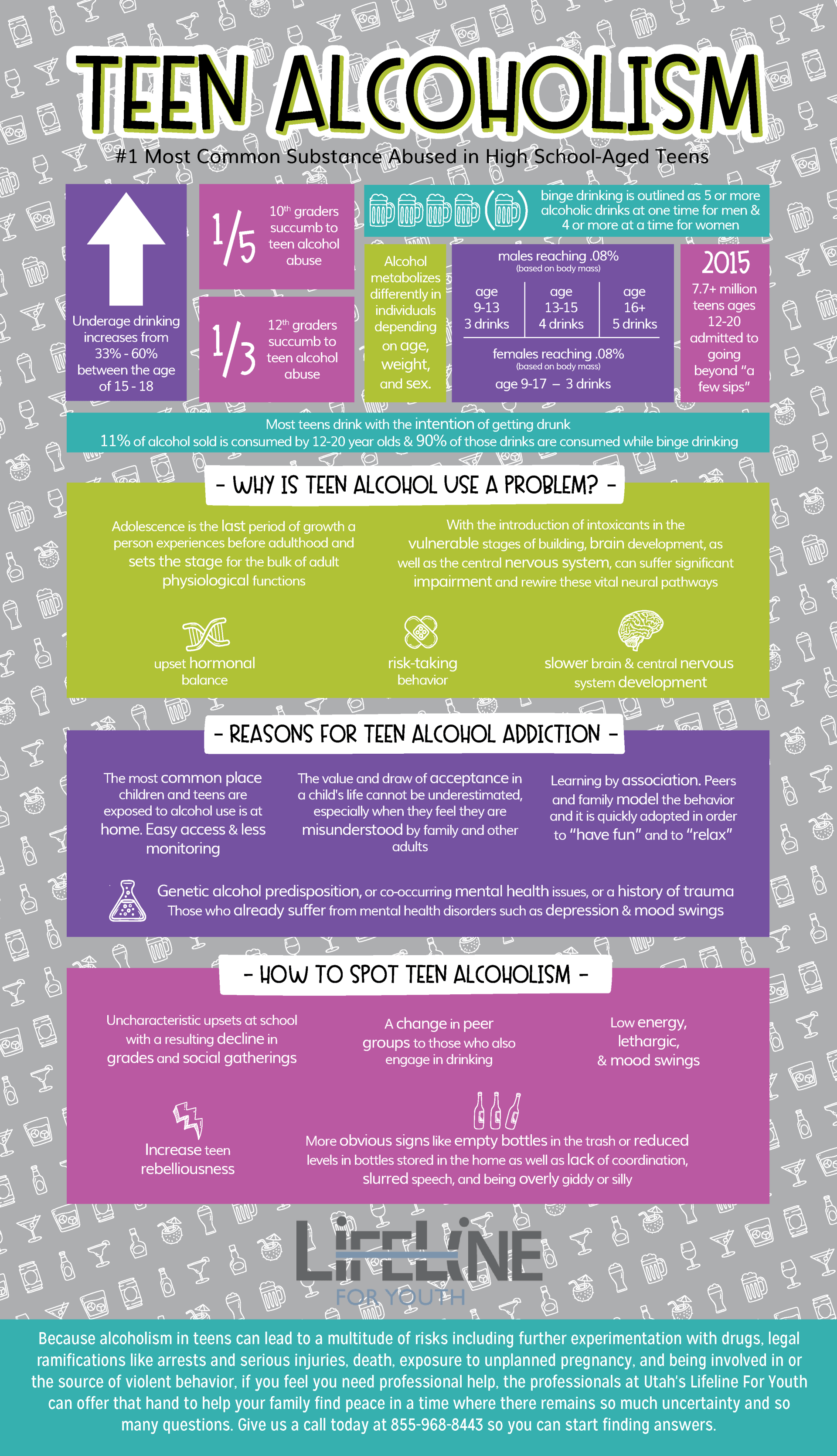
Teen alcoholism is a very real problem among teens today. Alcohol ranks as the most common substance abused in high school-aged teens. Teen underage drinking increases from 33% to 60% between the age of 15 and 18, with one-fifth of 10th graders and one-third of 12th graders succumbing to teen alcohol abuse. Defined as a chronic disease of the mind that causes a person to perpetually seek and utilize substances or experiences despite serious negative ramifications, addiction can adversely affect youth for the remainder of their adult lives. Let's take a look at some of the particulars and how we can address the issue of kids and alcoholism. Having a specific set of guidelines and terms for teen alcoholism lets establish some base points. Alcohol metabolizes differently in individuals depending on age, weight, and sex. Based on that information, binge drinking is outlined as five or more alcoholic drinks at one time for men and four or more at a time for women. For children and young adults who drink alcohol, binge drinking can be broken down into three age groups for males (based on body mass) and one group for most females. For teen boys ages 9-13, three drinks will bring the blood alcohol levels to .08%. Young teen males ages 13-15, four drinks will satisfy these requirements, and for males over the age of sixteen, 5 alcoholic beverages fill the specifications. When considering young females most generally for body size, three alcoholic drinks bring them to the .08% saturation range from ages nine to seventeen. In 2015 alone more than 7.7 million teens ages twelve to twenty admitted to going beyond “a few sips”, and surveys report that most teens drink with the intention of getting drunk. It is estimated that 11% of alcoholic beverages sold are consumed by those ages 12-20 years of age, and that 90% of those drinks are consumed while binge drinking. Why is teen alcohol use a problem? Adolescence is the last period of growth a person experiences before adulthood and sets the stage for the bulk of adult physiological functions. The brain goes through its last growth spurts adding thousands of new neurons a day. It is also around this time that the brain gets its last serious upgrade in communication speed. By pruning back unused neurons and thinning the gray matter specific cells increase their action significantly. These neural pathways that carry signals to where the synapses are firing are given a special covering that helps them transmit the signals more quickly. Adding this sheath is a process called myelination. With the introduction of intoxicants in the vulnerable stages of building, brain development, as well as the central nervous system, can suffer significant impairment and rewire these vital neural pathways. Active brain-building means more potent effects in teens and how they process alcohol stimulants than those that are over the age of 25. Youths' brains adapt swiftly to repeated drug exposure because of this myelination and thus can generate cravings and dependence on those substances more acutely. Areas of the brain responsible for reasoning and impulse develop slower than those of coordination emotion and motivation. This is a big explanation for why teens are subject to risk-taking behavior. When under the frequent influence of strong drinks adolescents can further upset hormonal balance in the body with the results being disastrous. So we can see that there is a vast majority of children and teens that are at serious risk of teen alcohol addiction. How does this cycle get started in the first place and who is most vulnerable to fall into it? Reasons for teen alcohol addiction The first and most common place children and teens are exposed to alcohol use is at home. Alcohol may be easily accessed and less monitored there. Genetic alcohol predisposition also can play a large part in why some teens can be more inclined to form a more addictive relationship with alcohol. The value and draw of acceptance in a child's life cannot be underestimated, especially when they feel they are misunderstood by family and other adults.

With over 3.6 million teen vape users in 2018 alone, the e-cigarette business is booming at an incredible pace. Out-distancing even Facebook at reaching the 10 Billion dollar mark in the same time frame. So what is vaping and how can it affect your child or teen? Most importantly what can you do if you think your teen may have an addiction or problem with nicotine ?
